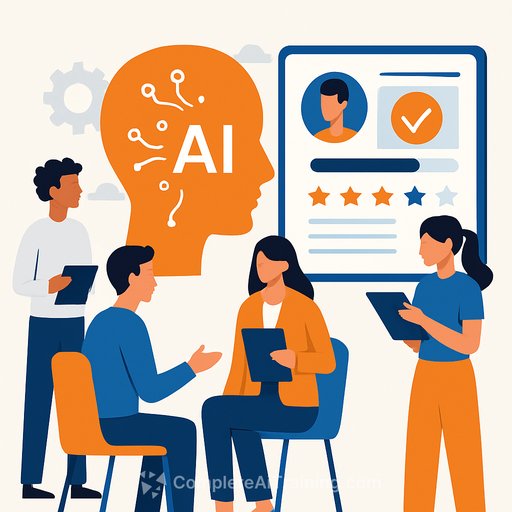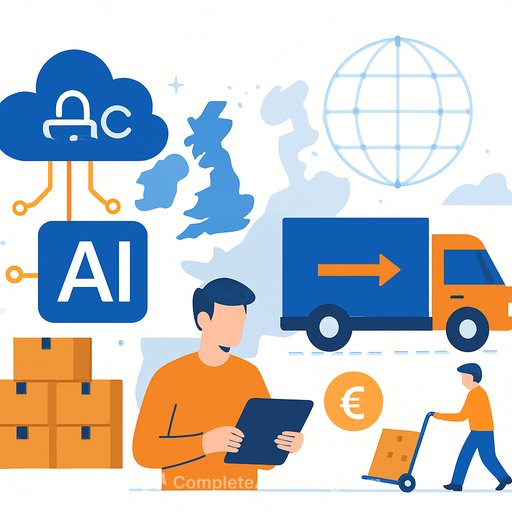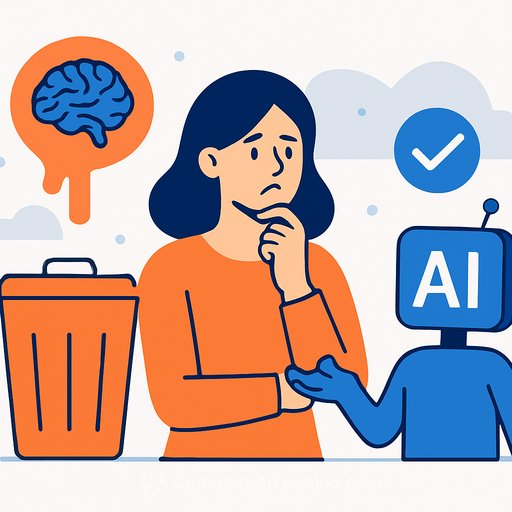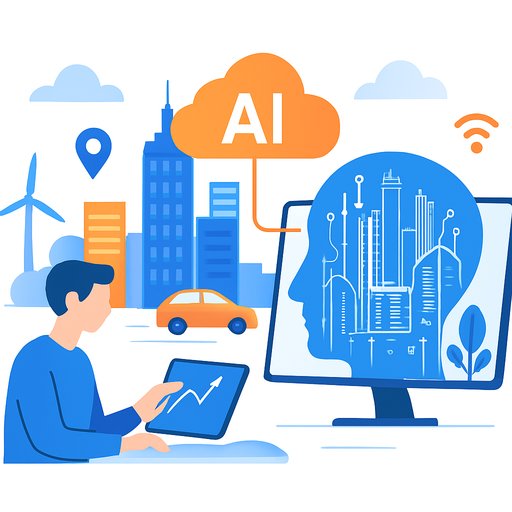Performance Management and the Role of AI
Performance management is often seen as a challenge by employers, managers, and leaders. According to Gartner research, 71% of CHROs believe managers are falling short in their performance management duties. This gap means employees aren’t receiving the feedback they need to improve, which can affect overall organizational success. A May 2024 Gartner survey of 1,456 employees showed that only 52% felt performance management helped their organization meet business goals.
One major barrier is the perception of bias or unfairness in the process. Interestingly, employees are beginning to view AI as less biased than humans for performance decisions. An October 2024 Gartner survey found that 87% of employees believe algorithms could provide fairer feedback than managers. Another June 2024 survey reported that 58% think humans are more biased than AI regarding compensation decisions.
Generative AI in Performance Management
More employees are open to the idea that AI, particularly generative AI (GenAI), can improve fairness at work. However, skepticism remains—only 34% agree that algorithm-generated feedback would be fairer than their manager’s. CHROs have the responsibility to enhance fairness and effectiveness in performance management. If GenAI is part of the solution, they should follow these steps.
Step One: Evaluate GenAI Benefits Against Performance Management Pain Points
HR leaders need to identify their organization's specific challenges and see if GenAI can help. Common complaints include the process requiring too much effort and being overly complex, as well as doubts about its usefulness. Employees and managers often find performance management irrelevant to their work, misaligned with business goals, and demotivating.
Gather feedback from managers and employees to pinpoint pain points. If fairness is a concern, GenAI tools can analyze feedback for bias. If complexity and time are issues, GenAI can summarize data and generate insights from multiple HR systems, reducing workload.
Step Two: Gauge Readiness for GenAI in Performance Management
Every workplace is different, and some may be more ready for GenAI than others. Conduct surveys to measure workforce openness to GenAI in performance management. Combine quantitative data with qualitative feedback by enabling managers to collect candid employee opinions.
Provide managers with standardized GenAI statements that describe desired outcomes, such as reducing bias and improving efficiency. Use question guides to explore whether employees are comfortable with AI drafting goals or suggesting performance ratings, with human oversight. Managers should then summarize feedback to understand GenAI’s potential and limits.
Step Three: Secure Employee Trust to Boost Adoption and Satisfaction
Trust remains a key hurdle for AI adoption. Building trust requires transparency and open communication about how and why GenAI is introduced. Explain the rationale clearly so employees understand how it affects them and can adapt confidently.
Set up channels for ongoing employee feedback on GenAI’s role in performance management. This helps leaders detect any drop in trust and respond by adding more human interaction where needed.
Effective Performance Management Leads to Better Organizational Performance
Improving performance management enhances employee engagement and drives business success. Gartner data shows that aligning performance management with employee and business needs leads to higher perceived fairness and accuracy. Organizations see increases in employee performance (40%), engagement (59%), and overall workforce results (60%).
With employee attitudes shifting positively toward GenAI, now is a good time to consider integrating this technology to improve performance management. For managers looking to explore AI tools and training, resources are available at Complete AI Training.
Your membership also unlocks:






